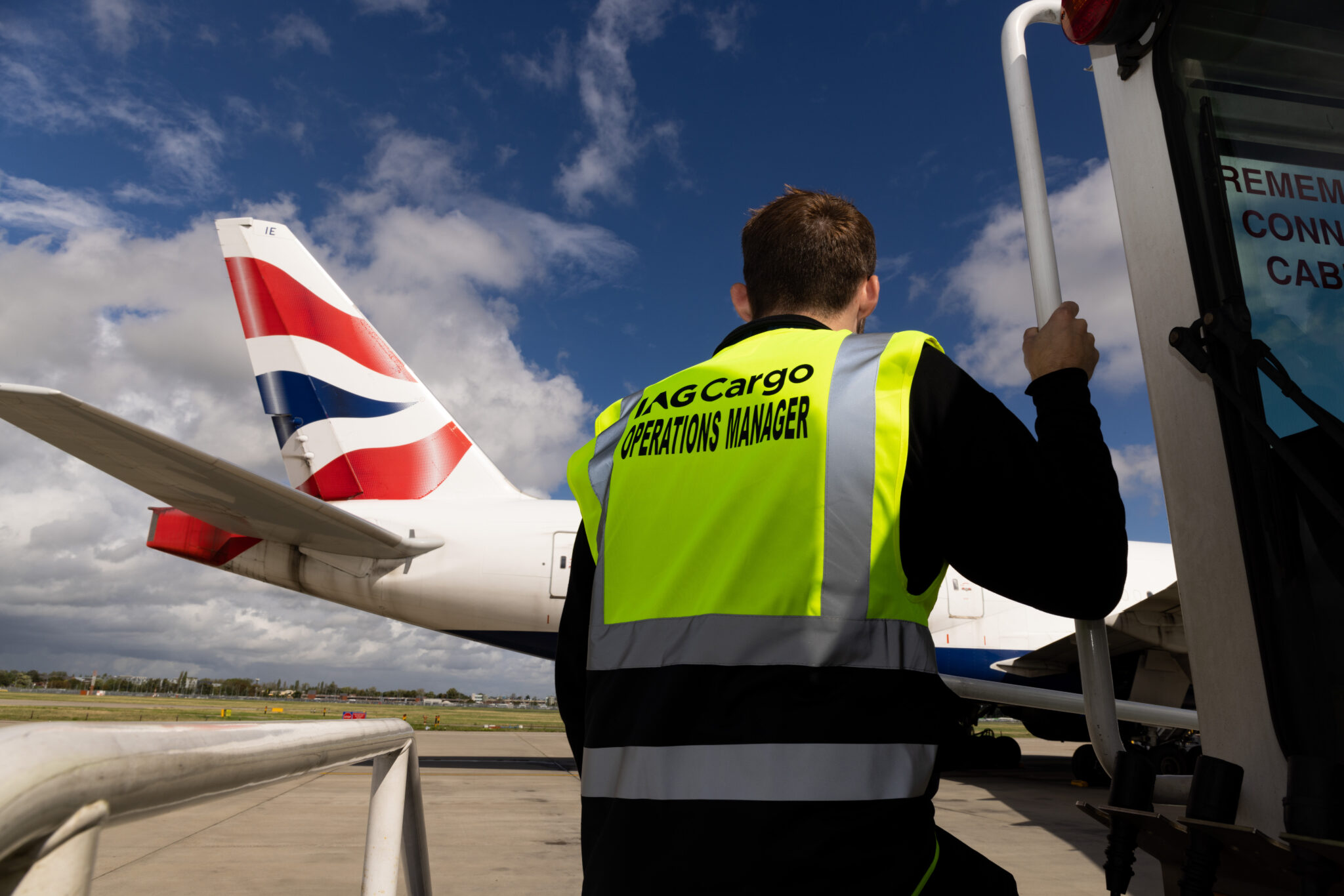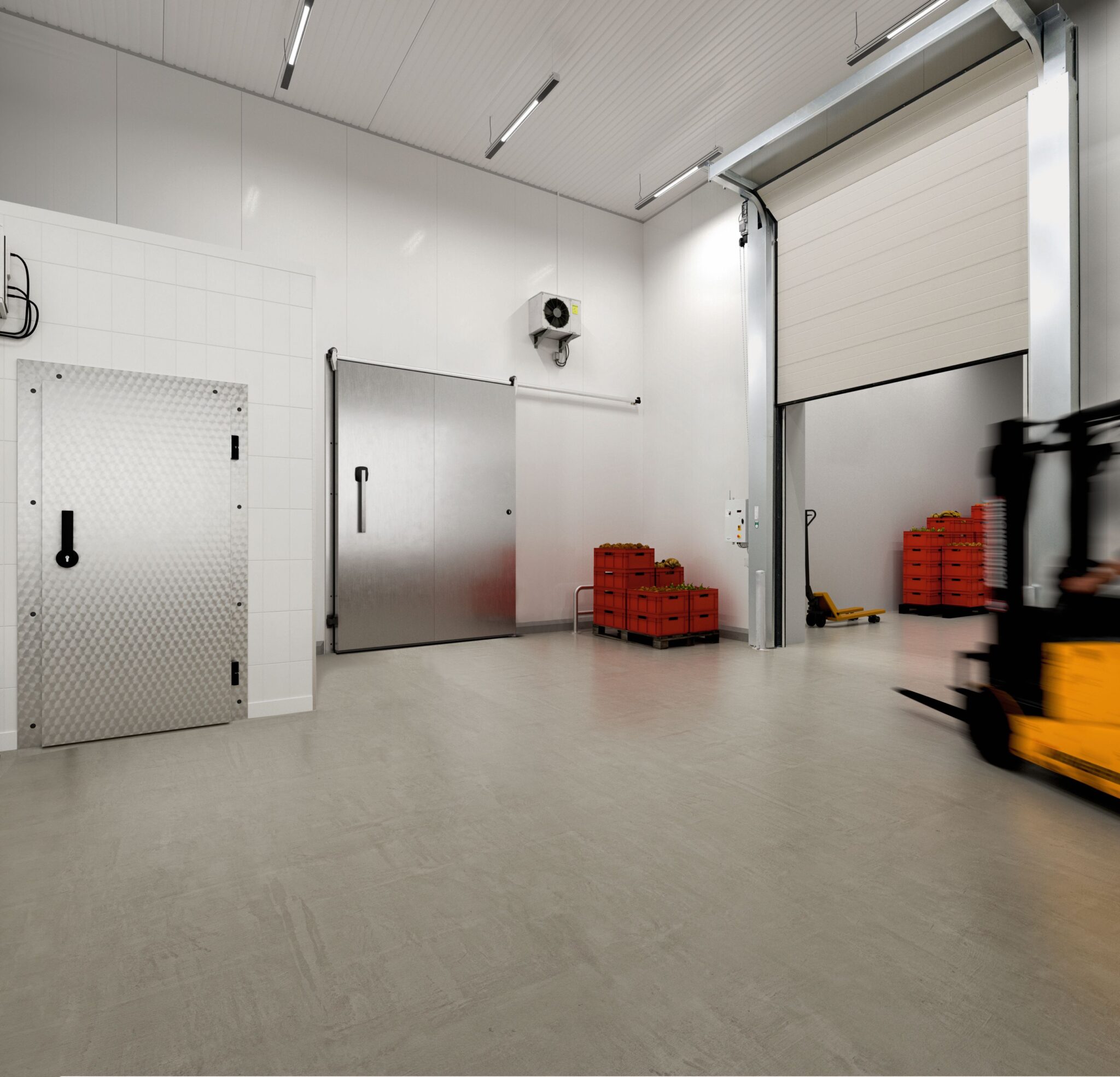The recent closure of Heathrow Airport has sparked renewed urgency around resilience and supply chain risk management, prompting organisations to take a hard look at just how dependent they are on single transportation hubs. In an era where resilience is no longer optional, the disruption underscored how even a brief shutdown at a major logistics node can ripple across global networks—halting the movement of goods, delaying critical shipments, and challenging operational continuity.
More than ever, businesses are reassessing the structure, resilience and vulnerabilities of their supply chains. Heathrow, as a vital gateway for international freight and passenger traffic, has once again highlighted the dangers of over-concentration. The message is clear: without diversified routing, flexible infrastructure, and real-time visibility, supply chains remain one disruption away from gridlock.
Heiko Schwarz, Global Supply Chain Risk Advisor at Sphera, commented:
“While there are still many open questions surrounding the fire itself and how its impacts were so severe, from a supply chain perspective, this disruption should serve as a real-world stress test. Once the dust settles, businesses will be looking at how reliant they are on singular critical infrastructure hubs, whether it’s Heathrow, LAX, or Doha. No one can predict these kinds of events, but they can prepare what their response would look like.
“Whether it’s this fire, the Icelandic ash cloud in 2010, or the Suez Canal blockage in 2021, these incidents underscore the need for end-to-end visibility, scenario planning, and supply chain diversification. Organizations that understand the interconnected nature of their supply chains, maintain viable alternative routes, and invest in resilience will be far better placed to keep operations running when the unexpected strikes.”
From our perspective as a logistics business, the disruption hit close to home. After visiting Chicago for ProMAT 2025, our colleague Ian Wright joined many travellers stranded following cancellation to all Heathrow-bound flights – just one example of how a localised infrastructure failure can ripple across global routes.
As we reported last week, the fire at a nearby power station caused a major outage, forcing Heathrow to cancel all flights and remain shut until midnight. While the passenger impact was widely covered, we highlighted that the real and lasting implications for UK supply chains were largely overlooked in mainstream reporting.
This incident is a clear reminder that supply chain resilience can’t remain theoretical. Businesses must invest in contingency planning, alternative routing, and real-time visibility to protect operations against these increasingly frequent disruptions.




